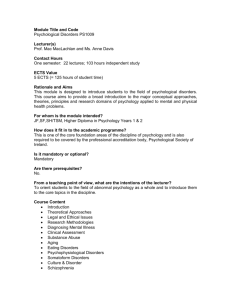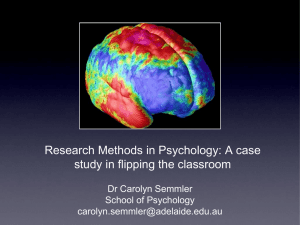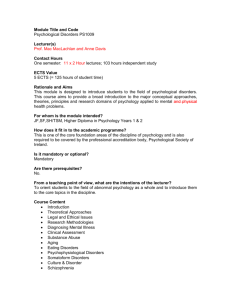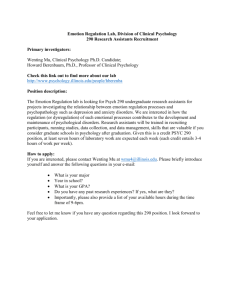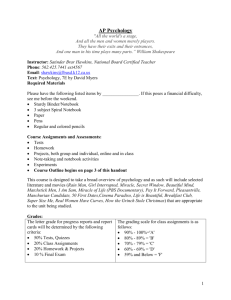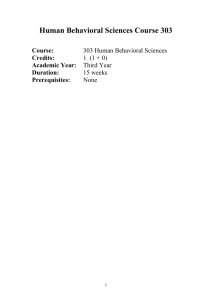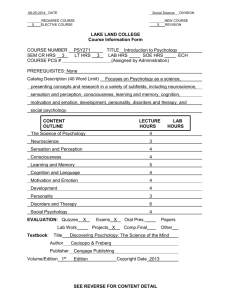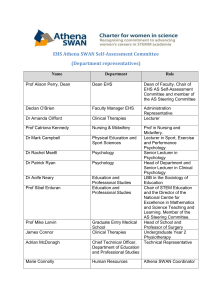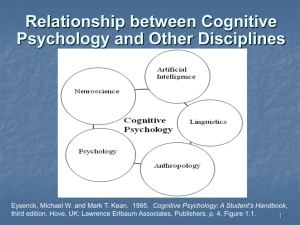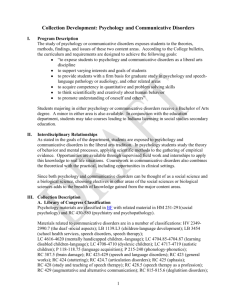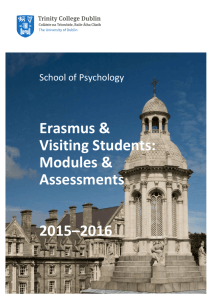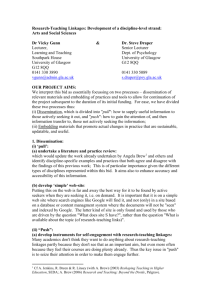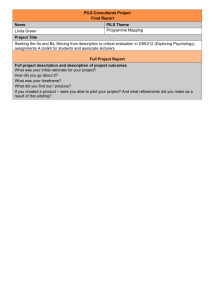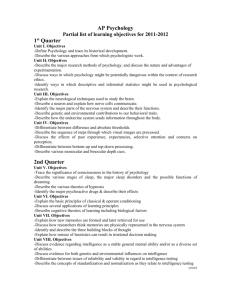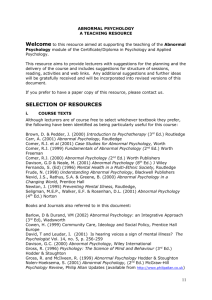PS3415 Learning Outcomes School of Psychology 2012
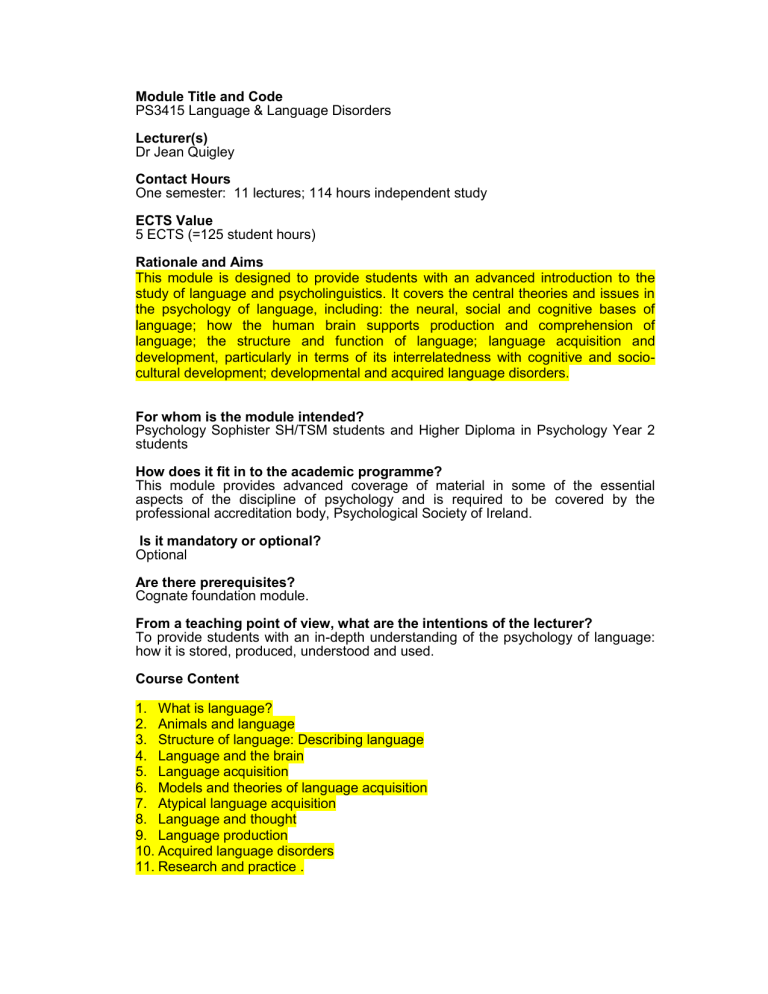
Module Title and Code
PS3415 Language & Language Disorders
Lecturer(s)
Dr Jean Quigley
Contact Hours
One semester: 11 lectures; 114 hours independent study
ECTS Value
5 ECTS (=125 student hours)
Rationale and Aims
This module is designed to provide students with an advanced introduction to the study of language and psycholinguistics. It covers the central theories and issues in the psychology of language, including: the neural, social and cognitive bases of language; how the human brain supports production and comprehension of language; the structure and function of language; language acquisition and development, particularly in terms of its interrelatedness with cognitive and sociocultural development; developmental and acquired language disorders.
For whom is the module intended?
Psychology Sophister SH/TSM students and Higher Diploma in Psychology Year 2 students
How does it fit in to the academic programme?
This module provides advanced coverage of material in some of the essential aspects of the discipline of psychology and is required to be covered by the professional accreditation body, Psychological Society of Ireland.
Is it mandatory or optional?
Optional
Are there prerequisites?
Cognate foundation module.
From a teaching point of view, what are the intentions of the lecturer?
To provide students with an in-depth understanding of the psychology of language: how it is stored, produced, understood and used.
Course Content
1. What is language?
2. Animals and language
3. Structure of language: Describing language
4. Language and the brain
5. Language acquisition
6. Models and theories of language acquisition
7. Atypical language acquisition
8. Language and thought
9. Language production
10. Acquired language disorders
11. Research and practice .
Indicative Resources
Required text(s)
Harley, T.A. (2008) (3 rd . Ed.). The psychology of Language: From Data to Theory.
Psychology Press.
As this is an advanced sophister research-led taught module, state-of-the-art and upto-date journal articles from the relevant research literature will be made available throughout the module.
Learning Outcomes
On successful completion of this course, students will be able to:
explain the structure and functions of the language system [PO2];
discuss principles, models and theories of language [PO2,4];
describe and evaluate models of language acquisition [PO2,4];
evaluate the relationship between language and more general functioning
[PO1,2];
evaluate what disorders and disruptions reveal about the psychological functioning of language and language ability [PO 2,4];
analyse the principles and methods involved in doing research in the area
[PO1,2,6].
Methods of Teaching and Student Learning
The format of lectures is conventional but students are encouraged to ask questions and to engage the lecturer in discussion where practicable. Both the reduced numbers in these optional modules and the fact that the module is based in the lecturer’s own area of research expertise and interest facilitates increased class discussion and debate.
Inclusive curriculum: Each lecture and any supporting and accompanying documentation is posted on our school website to facilitate independent study and self-paced learning.
Methods of Assessment
This module is assessed by continuous assessment of one essay (2,500 words,
32%) and one written examination (68%) in the annual session. The exam is 2 hours in duration and students are required to answer two questions discursively.
It is expected that:
(i) a range of areas should be covered in addressing each question. A poor mark will be awarded to essays/answers that do not integrate a majority of the relevant topics covered in the lectures; and
(ii) responses should be critical, original and synthetic and should be based on reading beyond the lecture notes.
Students are given very detailed guidelines in their handbook as to grading criteria for degree classes.
Evaluation
All modules are evaluated by students by means of CAPSL survey requested by the
School and all feedback is noted and incorporated in module design where appropriate for delivery of the module in subsequent years.
Feedback is also delivered via student r epresentatives at the School’s once a term staff-student meetings, at School Committee meetings and at the Committee for
Undergraduate Teaching & Learning meetings.


